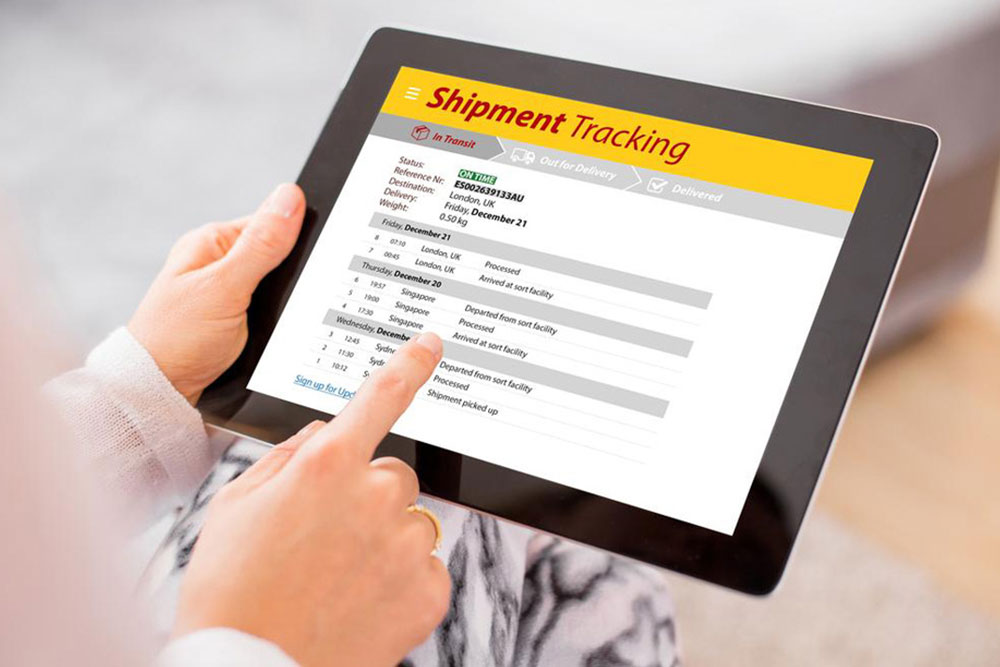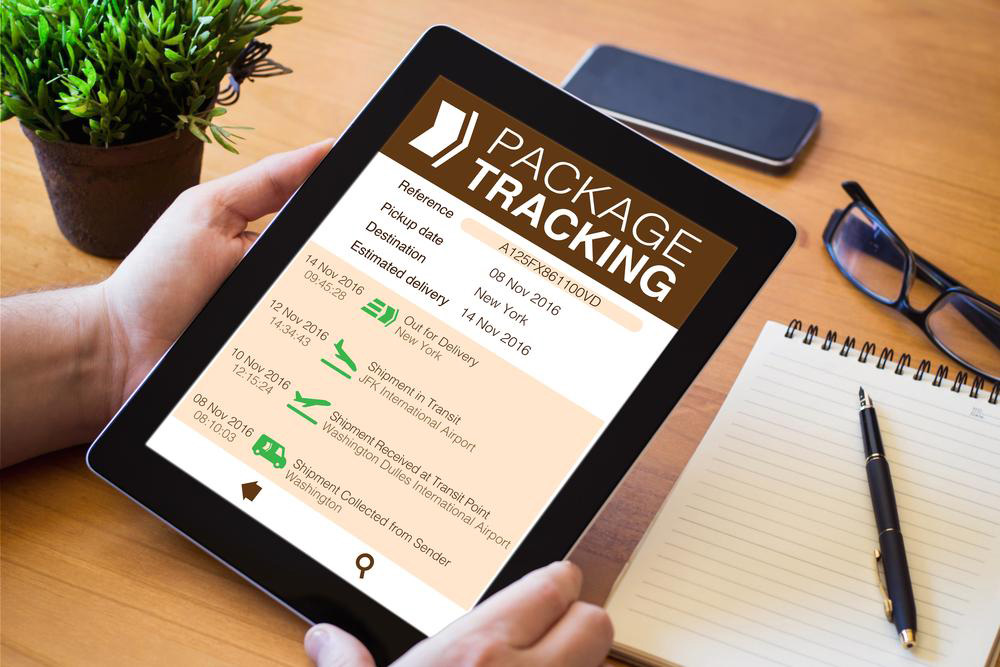Essential Tips for Selecting the Perfect Field Service Scheduling Software
Discover essential tips for choosing the ideal field service scheduling software to optimize your operations. Learn about mobile access, real-time updates, cloud options, industry-specific features, and CRM integration to enhance efficiency, customer satisfaction, and business growth. Make informed decisions with this comprehensive guide.

Essential Tips for Selecting the Perfect Field Service Scheduling Software
Choosing the right field service scheduling software is a critical decision for businesses aiming to enhance operational efficiency, reduce costs, and improve customer satisfaction. In today's fast-paced service industry environment, an effective scheduling solution serves as the backbone of daily operations, seamlessly integrating various functions such as appointment setting, technician dispatching, invoicing, inventory tracking, and customer relationship management. The right platform not only streamlines workflows but also ensures real-time communication and data accuracy, which are vital for maintaining a competitive edge.
This article explores the key factors to consider when selecting a field service scheduling solution, emphasizing features that improve flexibility, mobility, and industry-specific functionality. Whether you operate in maintenance, construction, transportation, or other service-driven sectors, understanding these critical elements will help you make an informed choice that aligns with your operational needs and strategic goals.
Importance of Mobile Accessibility for Field Teams
In modern service operations, mobile accessibility is no longer optional; it is essential. Field technicians, sales personnel, and other mobile staff need instant access to schedules, customer information, and task updates while on the go. A scheduling software that supports smartphones and tablets enables staff to receive real-time notifications about job assignments, provide status updates after each task, and communicate with dispatchers seamlessly. This mobility accelerates response times, reduces errors, and enhances overall productivity. Moreover, mobile solutions empower your field teams to make on-the-spot decisions, troubleshoot issues, and keep clients informed, thereby elevating customer experience.
Real-Time Data for Better Coordination and Response
Effective field service management relies heavily on the accuracy and timeliness of information. Real-time updates allow managers to monitor ongoing jobs, reassign tasks promptly, and adjust schedules based on current field conditions. When technicians can report their status instantly, it creates a transparent operational workflow and minimizes downtime. For example, if a technician encounters an unforeseen delay, they can notify the dispatcher immediately, who can then reallocate resources or inform clients proactively. This dynamic coordination helps maintain high levels of service quality and customer satisfaction.
Leveraging Cloud-Based Solutions for Greater Flexibility
Cloud-based dispatch and scheduling solutions have revolutionized the way service organizations operate. Unlike traditional on-premise systems that require significant infrastructure, maintenance, and manual updates, cloud platforms are accessible via internet-connected devices from anywhere at any time. This flexibility means your field staff and managers are not tied to office desks, enabling truly mobile, remote operations. Cloud solutions are also scalable, cost-effective, and simplify disaster recovery, ensuring your business can adapt quickly to changing demands or unforeseen disruptions. Additionally, cloud platforms facilitate automatic software updates, security enhancements, and integration with other cloud-based tools, creating a more cohesive digital ecosystem.
Such Industry-Specific Features for Optimal Functionality
Different service industries have distinct operational requirements. For instance, construction companies might need detailed project timelines, resource allocation, and safety compliance checks, whereas maintenance services require rapid scheduling, parts inventory management, and service history tracking. Selecting a scheduling platform with industry-specific features ensures that your unique workflows are supported effectively. Look for solutions that offer customization options, such as tailored dashboards, specialized reporting, and configurable workflows. This tailored approach enhances efficiency and ensures that your software aligns precisely with your operational processes.
Integrating Customer Relationship Management (CRM) Capabilities
Modern field service scheduling solutions often incorporate CRM functionalities that enable businesses to maintain a comprehensive view of customer interactions. CRM integration facilitates tracking customer preferences, service history, feedback, and communication logs. Such features help service teams deliver personalized experiences, address customer issues more efficiently, and build long-term relationships. An integrated CRM also supports marketing efforts by providing insights into customer needs and market trends, ultimately leading to increased customer loyalty and revenue growth. When selecting a scheduling solution, prioritize platforms that seamlessly combine dispatch management with CRM tools to create a cohesive customer-centric service model.





